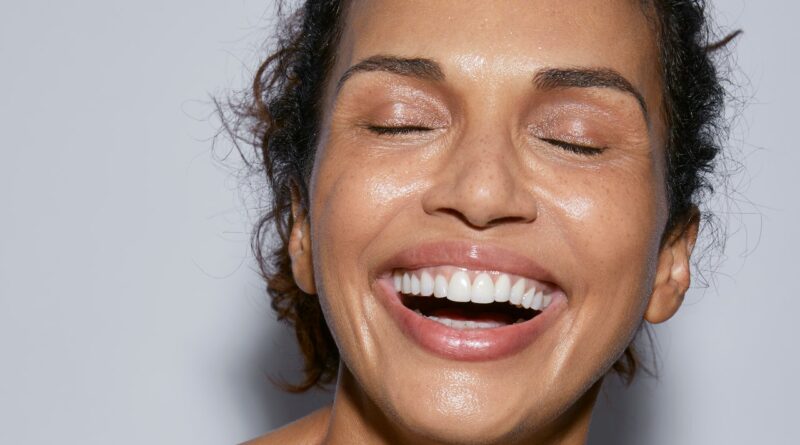Every antioxidant should be taken after the age of 40
You’ve probably heard of CoQ10 before; is a common ingredient in many anti-aging products. Also known by its official name, Coenzyme Q10, it is one of the most powerful antioxidants currently available. But what exactly is this combination that promises to slow down the clock’s hands? And, what benefits can bring our health and beauty?
To find out more about CoQ10, we asked a real expert: pharmacist Shabir Daya, creator and manufacturer of DoSe supplements and co-founder of UK health and beauty retailer Victoria Health.
What is CoQ10?
CoenzymeQ10 (CoQ10) is an antioxidant compound found naturally in every cell of our body. “It is one of the ingredients responsible for producing the energy needed for growth and maintenance of the body,” says Daya.
What is CoQ10 used for?
CoQ10 helps cells to respond. “It is used in our bodies, along with magnesium, for the production of adenosine triphosphate (ATP), a molecule that provides our cells with the energy they need for chemical reactions, repair, grow with other methods,” explains Daya. It is also a powerful antioxidant, as it protects cells from free radicals produced by these processes, which damage our genes.
What are the benefits of CoQ10?
The highest concentrations of natural CoQ10 are found in the heart, liver, kidneys and pancreas—these glands have high metabolic and energy needs, so they need a large amount of CoQ10. CoenzymeQ10 also promotes proper muscle function, probably because of its weak blood properties that help improve circulation and oxygenation of all body cells. Finally, CoQ10 is needed for the body’s largest organ, the skin. As Daya points out, “It helps keep skin cells healthy and may protect against free radicals and helps protect the skin from sun damage. radiation.”
What does CoQ10 do?
- It protects cells throughout the body from oxidative stress
- It protects the skin from photoaging and premature aging, promotes collagen production, and prevents pores.
- It can help reduce migraines
- It can prevent heart disease by enhancing the production of energy needed for heart functions
- It can protect against neurodegenerative diseases, due to its free-radical protection in the nervous system and brain
- It can be useful for athletes as it helps fight fatigue and reduce muscle pain
- It can relieve gum disease
- It can help to have children
- It can help prevent certain types of cancer
Contraindications of CoQ10
- In high doses (more than 100 mg per day), it can cause nausea and diarrhea
- It is not recommended during pregnancy and lactation
- It can interfere with the action of other medicines
Should I take a CoenzymeQ10 supplement?
Our bodies produce CoQ10 naturally, but our ability to produce this nutrient—like many other compounds—declines with age. And, although CoQ10 is found naturally in small amounts in foods like meat and fish, our body’s levels decrease dramatically with age—so that by the time you reach 40, your body has, by average, half of what it was when you were younger.
Taking a CoQ10 supplement may be beneficial as we age—especially if we are prone to certain health conditions such as heart disease, diabetes, some cancers, and neurodegenerative diseases. . “Although it has no direct effect on cholesterol, I recommend ubiquinol supplementation for those taking statins, which reduce CoQ10 levels and often cause muscle pain,” explains Daya. “I also recommend it to anyone over 40, who has low energy, and anyone who wants to keep the skin healthy and protect it from premature aging, as CoQ10 is protect against oxidative damage.”
CoQ10 is often prescribed to people with heart disease, high blood pressure, gum disease, Parkinson’s disease, blood infections, certain muscle diseases and HIV infection, as they may have low levels of CoQ10. CoQ10.
Recommended daily dose of CoenzymeQ10
CoQ10 is an important nutrient to support healthy aging. As a person ages, the body can become deficient in these essential nutrients. Although the dosage of supplements on the market can range from 30 to 600 mg per day, a dosage of 100 mg of ubiquinol (the active form of CoQ10) per day is sufficient.
#antioxidant #age
